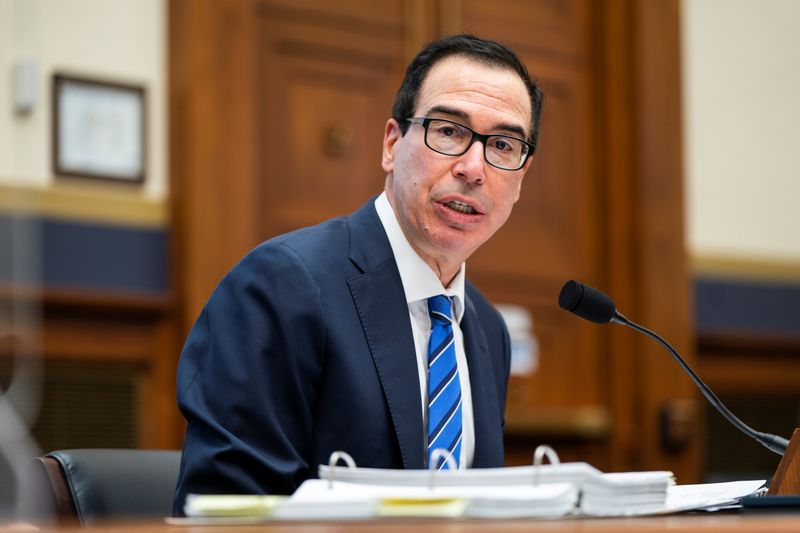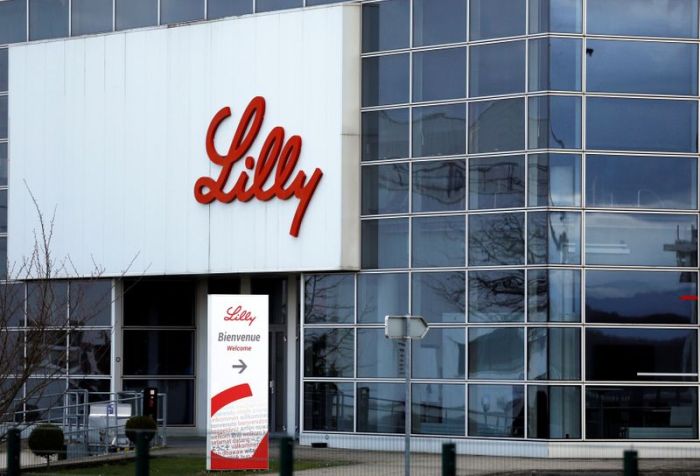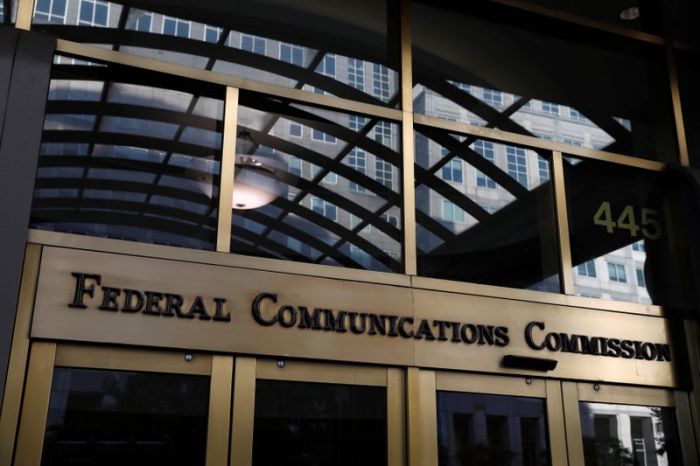NEW YORK (Reuters) – A spike in market expectations for U.S. inflation and a jump in long-dated bond yields have re-ignited a debate about whether sustained price rises may be achievable.
U.S. inflation has in the last decade consistently averaged well below the 2% target set by the Federal Reserve, with the Personal Consumption Expenditures price index (PCE) – the Fed’s preferred measure of inflation – at 1.2% in October.
But trillions of dollars in government spending have revived discussions of inflation’s return. Renewed hopes that Congress could pass a fresh COVID-19 stimulus package have sent market measures of inflation expectations to around 18-month highs.
“I’ve had countless calls with clients about inflation and whether it’s different this time and inflation is going to rise,” said Citigroup interest rates strategist William O’Donnell. “Many believe that the seeds are there.”
The 5-year, 10-year and 30-year breakeven inflation rates closed on Tuesday at their highest since May 2019 and were on track Wednesday to set fresh highs. The 5-year breakeven was last at 1.773% and the 10-year at 1.865%. The 30-year rose to 1.988% – just under the Fed’s 2% target.
Another measure https://fred.stlouisfed.org/series/T5YIFR of inflation, which tracks the expected rate over five years in five years’ time, on Tuesday hit 1.86%, its highest since Oct. 21.
“I do think inflation is coming. I do think inflation will be a problem. I do think the Fed is going to have to deal with it,” said Andrew Brenner, head of international fixed income at NatAlliance.
Inflation expectations rose this summer after Fed Chair Jerome Powell announced that the central bank would allow periods of higher inflation.
The yield on the 30-year U.S. Treasury bond, which is particularly sensitive to inflation, as rising consumer prices can erode its value, on Wednesday climbed to near four-month highs.
Still, the Fed, which meets later in December, may take action to tamp down bond yields should they rise too quickly. Some analysts believe the Fed may skew its bond purchases to the long end of the yield curve.
TD Securities rates analyst Gennadiy Goldberg said any sharp move higher in yields could lead the Fed to extend the weighted average maturity of bond purchases as soon as December, which could help cap rates.
In traditional models of inflation, large increases in government spending would weaken the purchasing power of the dollar, and therefore drive inflation higher. Since the passage of the $3 trillion CARES Act pandemic relief package and the Fed’s unprecedented intervention in markets, both in late March, inflation has risen modestly, but has not yet returned to pre-pandemic levels.
Inflation also did not return to pre-crisis levels when stimulus measures were put into effect after the 2007-2009 financial crisis.
That has fueled skepticism among analysts about how sustainable a rise in inflation could be.
“A potential fiscal stimulus package is positive news, we just do not believe it will lead to higher inflation,” said Michael Pond, head of global inflation-linked research at Barclays.
He noted that U.S. investors had been convinced that inflation would return many times in the past decade due to the Fed’s quantitative easing operations, tariffs, infrastructure spending and tax cuts.
“There are global structural disinflationary forces at work which have kept inflation low even in good times,” said Pond.
There is evidence some investors remain skeptical of big moves in bond prices, and therefore dramatic shifts in inflation expectations. The implied volatility over the next 30 days in the iShares 20 Plus Year Bond ETF has fallen this week, signaling “the options are not expecting much in the near term, besides chatter,” said Chris Murphy, co-head of derivative strategy at Susquehanna International Group.
(Reporting by Kate Duguid; Editing by Megan Davies, Franklin Paul, Nick Zieminski and Dan Grebler)



















